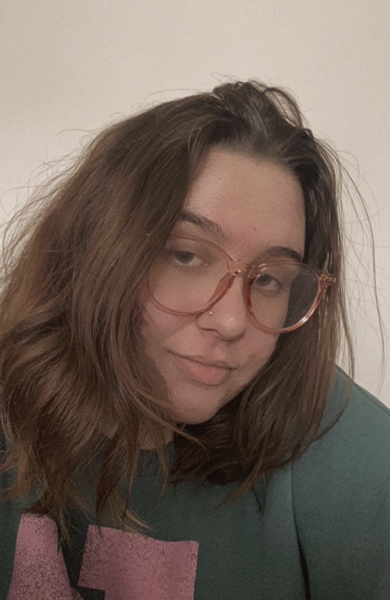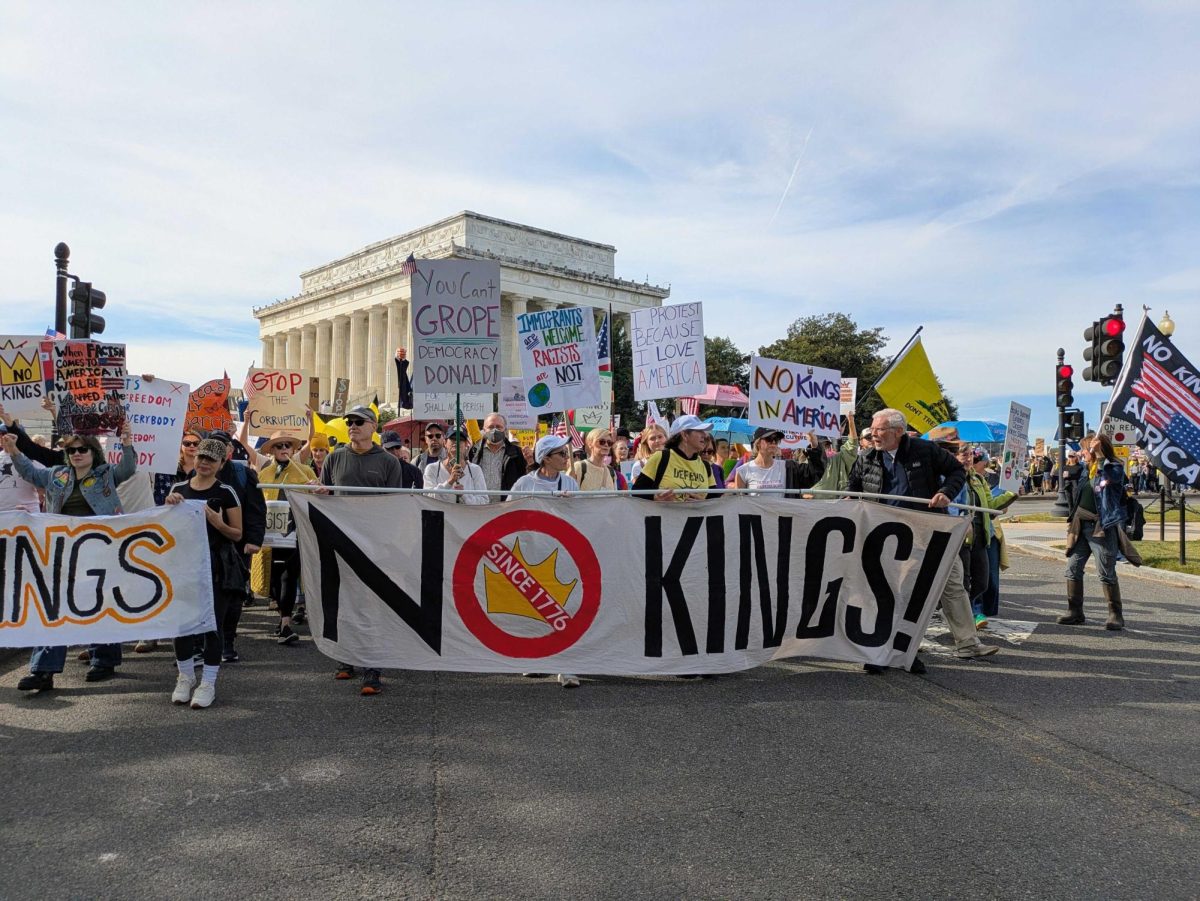Social media affects mental health
October 28, 2022
Social media affects my mental health in negative and positive ways.
Apps like Instagram have pop-up ads that promote “magic weight loss” pills, powders and quick and easy exercises. A thinner female model or a ripped male model are almost always depicted in these ads, which can put in viewers’ minds that this is how everyone should look.
This is not true. Everyone’s bodies look different. If everyone looked like these models do, the world would be a boring place.
The diversity of humans is what makes the world beautiful. The negative impact that social media has on people is what makes the world ugly.
On TikTok, videos on my “for you page” show people body checking and pointing out what they hate about themselves.
This can be discouraging when I am going through my own recovery.
Even with negative impacts from social media, more people are coming out and speaking about mental health disorders, especially on TikTok.
My algorithm shows me content creators whose goal is to reassure those with mental health issues that they are not “crazy” or “weird,” but normal.
When I first started going to therapy, I felt ashamed to admit my feelings. After hearing so many times that it’s not normal to feel the way I was, it took a lot of time for me to admit I needed help.
Even having been in therapy for two years, I still have a hard time admitting to or opening up about my mental health.
I was initially unwilling to discuss my mental health, and the negative impact that social media had on it did not help
It is mostly an older generation who do not take messages surrounding mental health as seriously as they should, especially when it comes to how it manifests on social media. For example, I see some older people make fun of trigger warnings.
Seeing this takes a toll on a person. It discourages others from speaking up about their troubles.
Before posting online, we should all think about how what we are posting may negatively affect someone.





